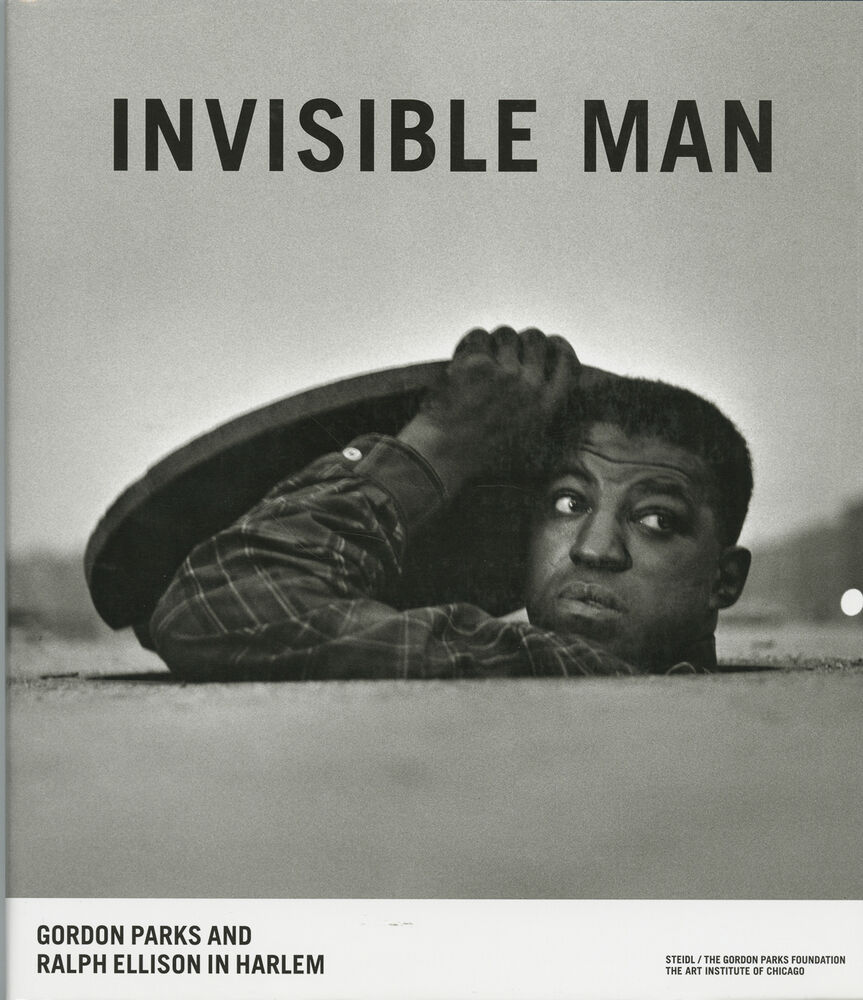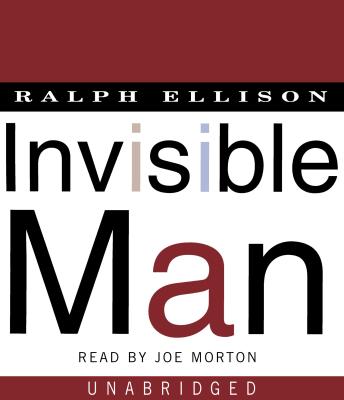
At one point he asks the narrator whether he cares to look beyond the face of matters and the mistake the narrator makes is his response that he does not care about the other things beyond the surface. After every comment he makes, he either looks pained and twists his body in some way or must hold back a scream. The facial and bodily expressions of the man who interviews him are detailed extensively by Ellison. Any diversion or flash of life he might show could result in his expulsion, so he sits quietly in his cage and waits for his interview to let him fly around the room for a moment. The narrator stands frozen across the room, admiring them as through a window but is kept by fear of the same white man to move any closer, thus being caged in himself. The birds can look upon New York from the window and can stretch their wings for an instant, but then are again confined. In the white mans' office he is taking a colored object and caging it. The symmetry of the situations is striking. But the surge stops and the narrator is too scared to go see. The birds flash with life for a moment, singing a tune and flapping their colorful wings. Ellison purposely makes the office both colorful and primitive. The birds are noticed after a period of silence they begin to rapidly flap their wings. The aviary of birds sits near a bay window and when the narrator is left to himself in the main office, he wishes he could examine it but is worried that t may seem unbusinesslike. Emerson's office is like a museum filled with colors, relics, and tropical animals. He cannot even decide whether he feels "pride or disgust" towards the man after he leaves. He belongs to no community and accordingly everything the man says and does hits the narrator off balance. Racing faster than the man, talking slower, lost to the memories of their shared past, the narrator has been culturally erased. He remembers it from childhood but cannot remember it. All the narrator knows is that he likes the sound and speed of it. The man's speech though is much more rapid than his travel and the narrator cannot keep up with it. He is resisting the dominating factors of society against him but the narrator insists that one should keep to one path. He significantly makes the point that he will not be run into the grave and hopes to coast downhill as much as possible. The narrator meets with a zoot-suiter the next morning when he sets off for his meeting.He is also involved in the race that Grandfather refers to and the narrator is subject to but is resolved to take it at his own pace. He is told to report to the paint plant the next day. Deciding to go back to the college and kill Bledsoe for playing him like a fool, he resolves to get any job immediately to fund his revenge. The narrator cannot help but feel betrayed and compares himself to a robin picked clean. The son mentions a job opening at Liberty Paints and wishes him luck. The narrator agrees knowing that no one would believe him. The reasons given to the contacts is that the narrator has gone astray and presents a danger to the delicate situation of the college.ĭazed, the narrator goes to leave but is asked by Emerson's son to keep the letter's contents a secret. The man reveals that Emerson is his father and shows him the letter from Bledsoe, which states that the narrator will never be enrolled at the college again, and asks the employers to assist Bledsoe in keeping the narrator from trying to return. The narrator gets very angry and wants to given his opportunity to meet with Emerson. The man babbles about Harlem clubs and his father, finally returning to the point in vague terms, asking the narrator to trust him. The narrator is put on edge when asked if he would consider attending another college and if he had opened the letters. A few moments later, he invites him into an office and asks him questions. A man surprises him and takes the letter from him. He settles on omnipresence as the secret, thinking of how Bledsoe is always in his students' minds.Įntering Emerson's office, the narrator is deeply impressed by the luxuriousness of it, remarking that it must be an importing firm. As he sits down to breakfast at a diner, he reflects on the manner he must enact, one of vague seriousness to keep people guessing as they did with Bledsoe.


Though he understands it little, he is entertained nonetheless. He walks along outside and is joined by a zoot-suiter who speaks to him in jive. Emerson office, the narrator has high hopes.


 0 kommentar(er)
0 kommentar(er)
